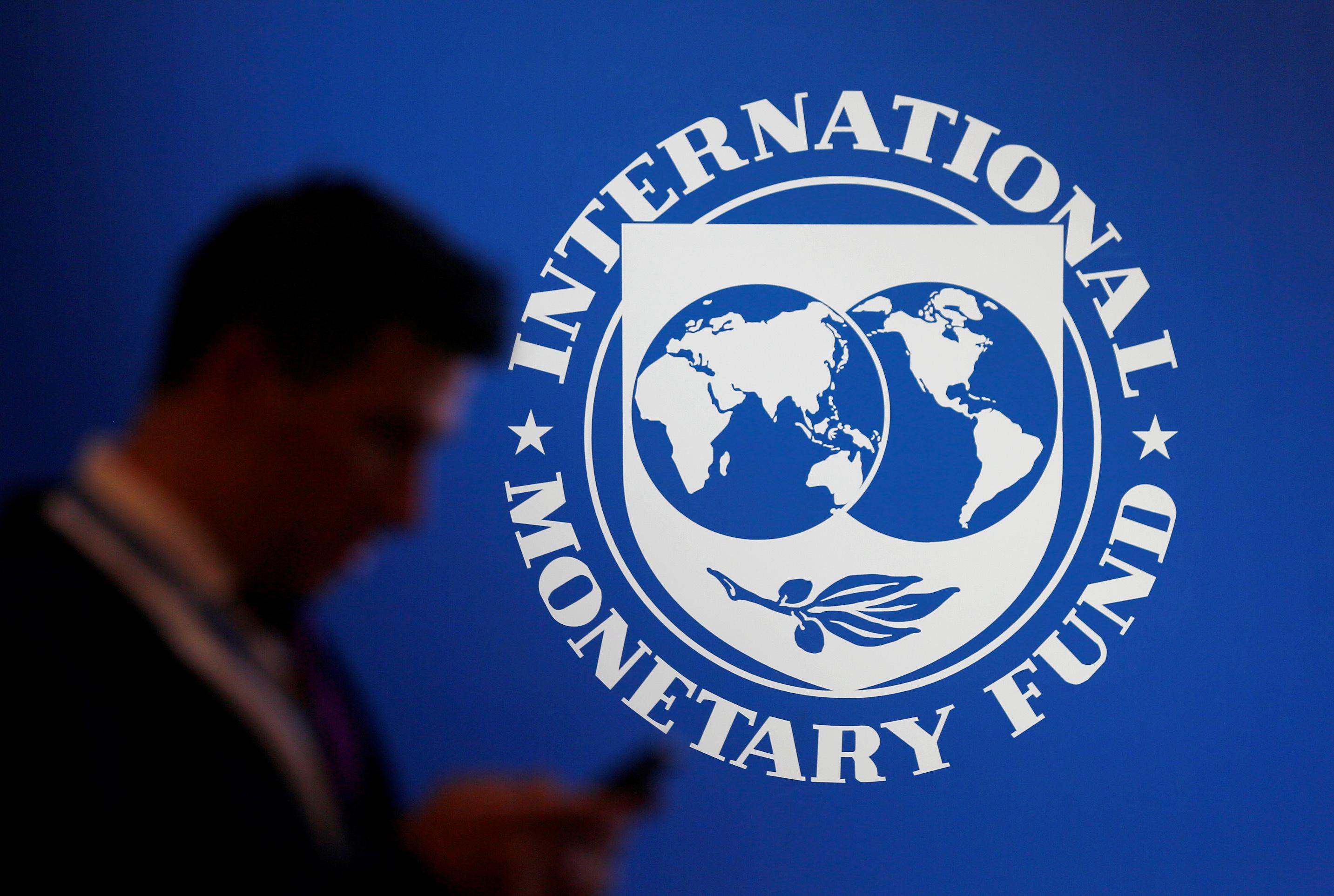
“IMF agreed … Pakistan can now issue sovereign guarantees of an additional Rs250 billion, which will primarily be utilised to tackle the circular debt,” Adviser to Prime Minister on Finance and Revenue Dr Abdul Hafeez Shaikh said in a meeting with businessmen at the Overseas Investors Chamber of Commerce and Industry (OICCI) on Saturday.
Earlier, the global lender had capped sovereign guarantees at Rs1,265 billion or 3.6% of gross domestic product (GDP) under the $6-billion loan programme, formally launched in July.
The ceiling compelled the government to shelve the planned second Sukuk (Islamic bond) issue of Rs200 billion designed to reduce the circular debt in July 2019.
“We will soon issue sovereign guarantees for launching the Sukuk,” a meeting participant quoted Shaikh as saying. He, however, did not announce any specific date for the Sukuk launch.
The launch of Islamic bond would allow Shariah-compliant banks to extend financing worth Rs200 billion to the Central Power Purchasing Agency (CPPA), which would, in turn, pay dues of oil marketing companies, gas utilities and independent power producers (IPPs).
The PM adviser said the issue of circular debt would completely be overcome in the next one year, ie, by December 2020.
The pace of increase in circular debt has slowed down to around Rs12 billion a month from around Rs20-30 billion a month earlier. Increase in power tariffs in June, which was one of the IMF’s conditions, has also slowed the increase in circular debt.
It is, however, not known as to whom the government will issue the remaining sovereign guarantees of Rs50 billion.
Earlier, the government had also shelved the formal launch of the stock market support fund of Rs20 billion, which was aimed at reviving the dwindling Pakistan Stock Exchange (PSX).
The Economic Coordination Committee (ECC) of the cabinet had approved the launch of the fund in May 2019 after the market nosedived due to economic slowdown.
The PM adviser emphasised that Pakistan had achieved economic stabilisation.
However, some of the big challenges still remain which include fulfilling the promises made to the Paris-based Financial Action Task Force (FATF) under which Pakistan is to completely eliminate money laundering and terror financing.
Shaikh, however, expressed satisfaction over the progress on the FATF action plan and said they were making all efforts to come out of the FATF grey list.
A meeting participant invited attention of the adviser to the fact that Pakistan had no industrial policy in place. The five-year policy was last introduced in 2013, which expired in 2018, he said, adding that how investors, especially foreign investors, would plan to set up industrial units in the country in the absence of a major policy document.
Responding to a question, the adviser on finance said the prevailing benchmark lending rate of 13.25% was due to high inflation in the country. “Inflation is expected to ease in the second half (January-June) of the current fiscal year,” he said.
However, “the State Bank of Pakistan’s (SBP) Monetary Policy Committee better knows as to how and when the interest rate should be brought down,” Shaikh was quoted as saying.
Published in The Express Tribune, November 17th, 2019.
Like Business on Facebook, follow @TribuneBiz on Twitter to stay informed and join in the conversation.

1732441915-0/BeFunky-collage-(12)1732441915-0-165x106.webp)

1732438802-0/BeFunky-collage-(11)1732438802-0-165x106.webp)













COMMENTS
Comments are moderated and generally will be posted if they are on-topic and not abusive.
For more information, please see our Comments FAQ